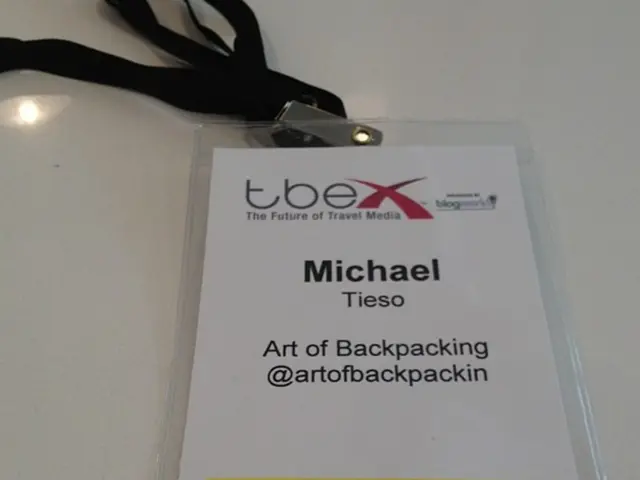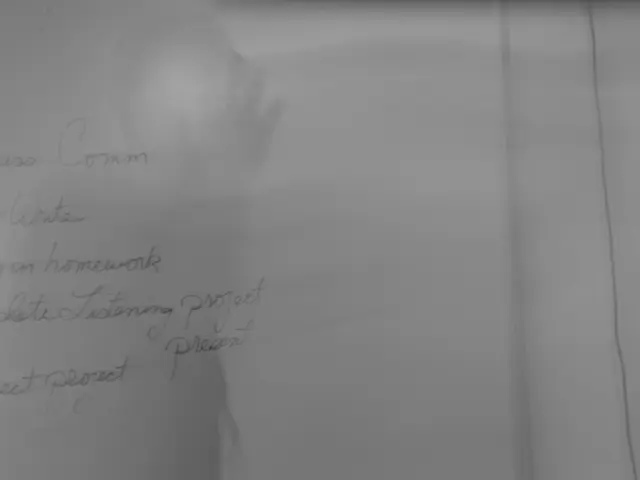Columbia University takes disciplinary action against students by suspending or expelling them for their involvement in pro-Palestine demonstrations.
Columbia University has taken disciplinary action against more than 70 students involved in pro-Palestinian demonstrations and an encampment on campus. The University Judicial Board (UJB), which includes professors and administrators under the Provost’s Office, issued sanctions such as expulsions, suspensions (mostly lasting at least two years), probation, and even degree revocations.
The disciplinary actions stem from a series of protests viewed by the university as disrupting academic activities and violating university policies. This marks a significant enforcement of rules following incidents that drew negative attention and federal pressure, as the Trump administration previously accused Columbia of inaction regarding alleged harassment of Jewish students and withheld $400 million in federal grants until conditions were met.
The UJB system was updated to ensure equitable resolution of cases on an individual basis, suggesting that decisions were made case-by-case with consideration of prior disciplinary records and findings. However, specific details on the formal appeal process have not been publicly disclosed.
The protests leading to the disciplinary measures involved around 100 pro-Palestinian students actively staging demonstrations, indicating significant engagement and resistance to university sanctioning. Given the scale and severity of the punishments—up to expulsions and degree revocations—the student community’s response may include contestation or calls for reconsideration, yet specific reactions are not reported.
Columbia University emphasized the importance of creating a thriving academic community with respect for each other and the institution's fundamental work, policies, and rules. The university is negotiating with the Trump administration to restore $400 million in federal funding that was withheld due to the university's handling of student protests against the war in Gaza.
Meanwhile, the student activist group, Columbia University Apartheid Divest, claims the new disciplinary actions exceed sentencing precedent for prior protests. One of the students, Mahmoud Khalil, a legal US resident with no criminal record, was detained in March over his participation in pro-Palestinian demonstrations. Khalil is now suing the Trump administration, alleging he was falsely imprisoned, maliciously prosecuted, and smeared as an antisemite.
The wave of similar protests nationally was inspired by the actions at Columbia University. The university has agreed to a series of demands laid out by the Republican administration, including overhauling the student disciplinary process and adopting a new definition of antisemitism. The staff members receiving nonrenewal or termination notices represent about 20 percent of the employees funded in some manner by the terminated federal grants.
As the situation continues to unfold, it is clear that the university's disciplinary actions have sparked controversy and debate among students, staff, and the wider community. The university's response to these protests and the subsequent disciplinary actions will undoubtedly have long-lasting implications for the future of free speech and student activism at Columbia University and beyond.
- The world is focusing on the ongoing controversy at Columbia University, where over 70 students face disciplinary actions for their participation in pro-Palestinian demonstrations, with some facing expulsion and degree revocations.
- The university's decision to enforce rules surrounding protests and violations of policies, following federal pressure and allegations of harassment of Jewish students, has stirred debate in the realm of education-and-self-development and politics.
- Beyond Columbia University, the nationwide wave of similar protests has been inspired by these events, raising questions about war-and-conflicts, free speech, and student activism, while also prompting discussions about art, news, and general issues in both educational institutions and the broader community.




